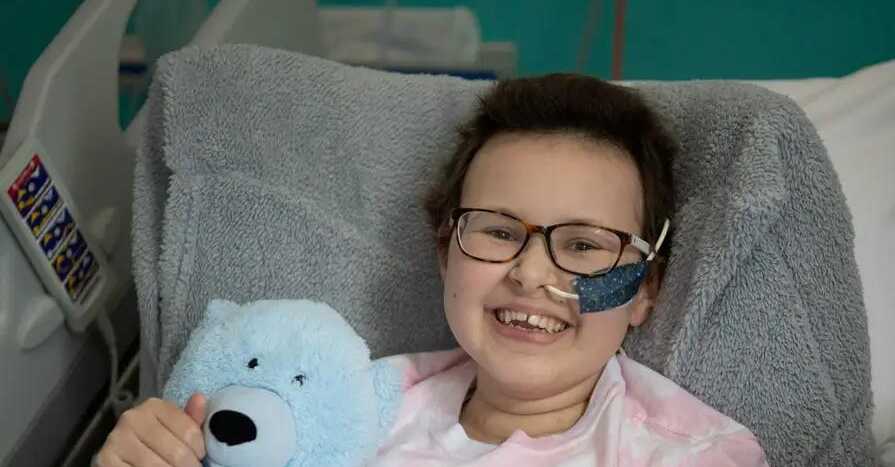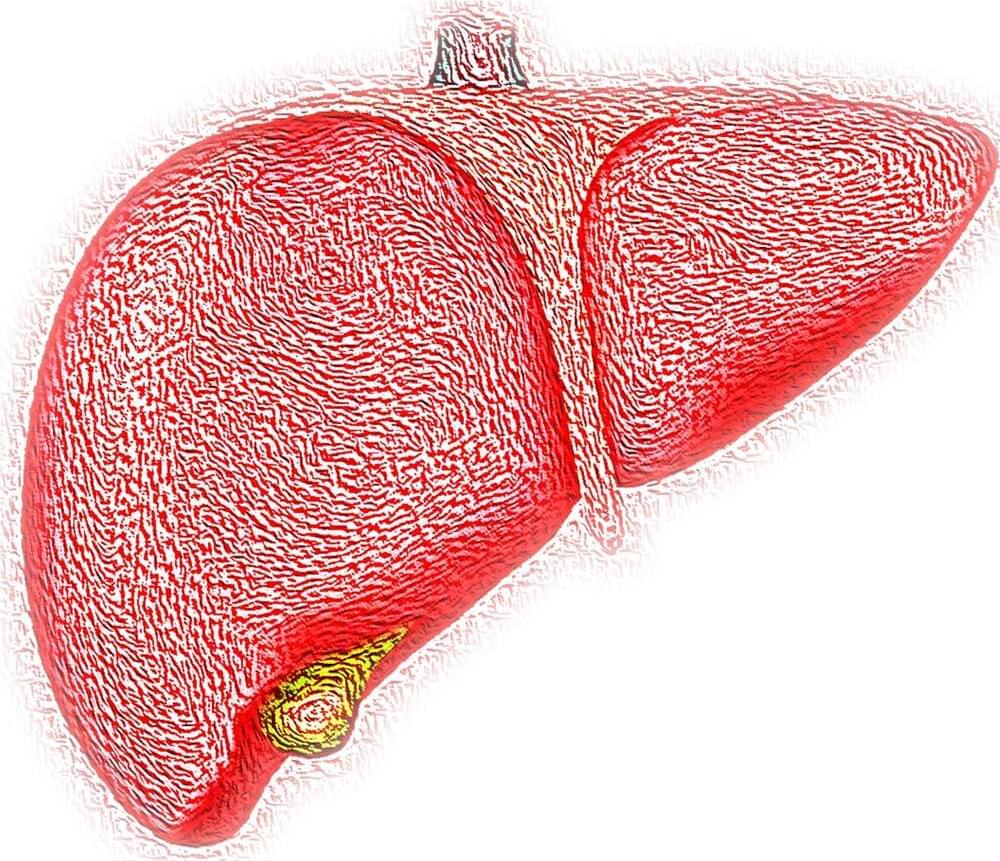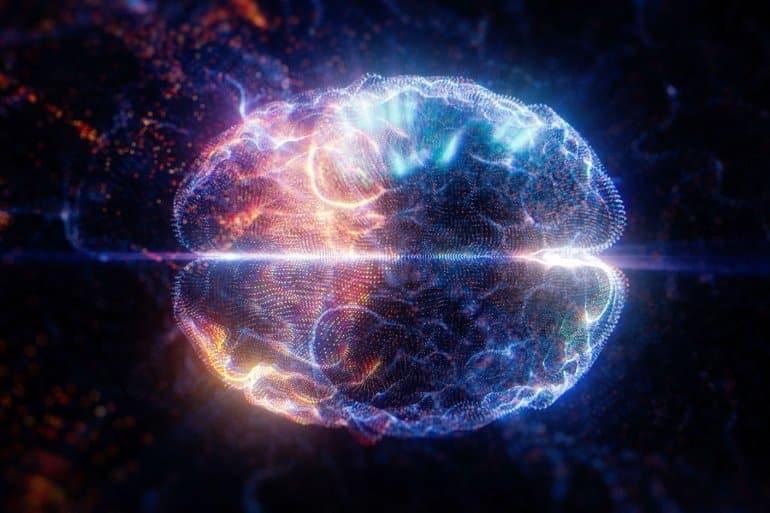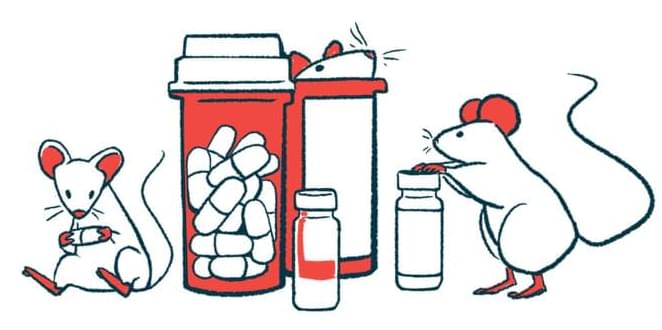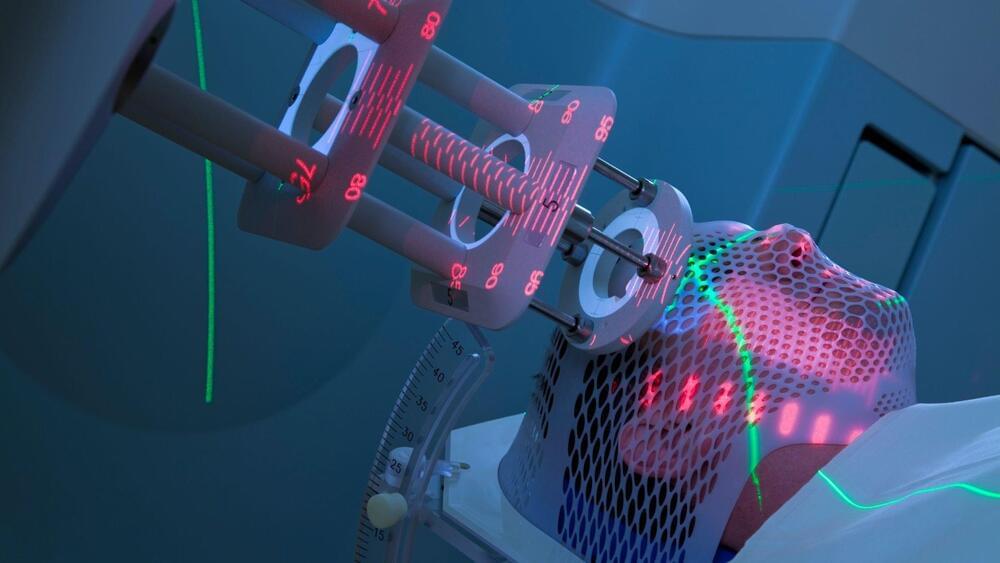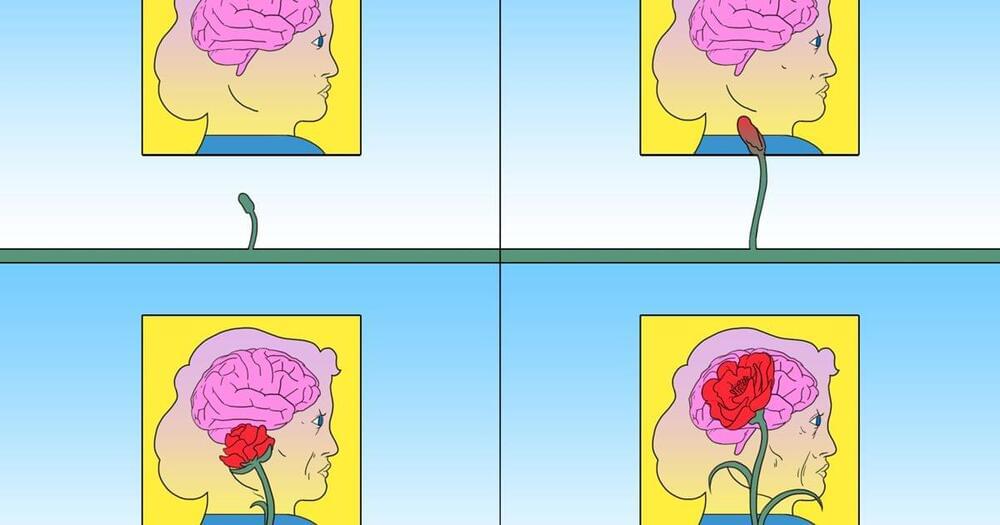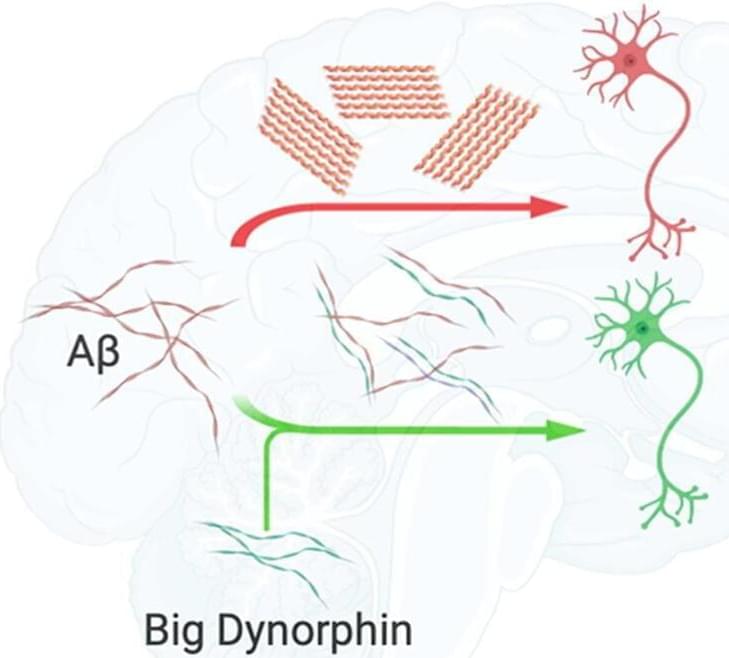𝐒𝐭𝐮𝐝𝐲 𝐮𝐧𝐯𝐞𝐢𝐥𝐬 𝐧𝐞𝐮𝐫𝐚𝐥 𝐩𝐚𝐭𝐡𝐰𝐚𝐲 𝐩𝐫𝐨𝐦𝐨𝐭𝐢𝐧𝐠 𝐫𝐞𝐠𝐞𝐧𝐞𝐫𝐚𝐭𝐢𝐨𝐧 𝐚𝐟𝐭𝐞𝐫 𝐭𝐫𝐚𝐮𝐦𝐚𝐭𝐢𝐜 𝐢𝐧𝐣𝐮𝐫𝐢𝐞𝐬
𝙎𝙩𝙪𝙙𝙞𝙚𝙨 𝙚𝙭𝙥𝙡𝙤𝙧𝙞𝙣𝙜 𝙩𝙝𝙚 𝙣𝙚𝙪𝙧𝙖𝙡 𝙥𝙧𝙤𝙘𝙚𝙨𝙨𝙚𝙨 𝙞𝙣𝙫𝙤𝙡𝙫𝙚𝙙 𝙞𝙣 𝙘𝙚𝙡𝙡 𝙧𝙚𝙜𝙚𝙣𝙚𝙧𝙖𝙩𝙞𝙤𝙣 𝙖𝙧𝙚 𝙤𝙛 𝙘𝙧𝙪𝙘𝙞𝙖𝙡 𝙞𝙢𝙥𝙤𝙧𝙩𝙖𝙣𝙘𝙚, 𝙖𝙨 𝙩𝙝𝙚𝙮 𝙘𝙤𝙪𝙡𝙙 𝙥𝙖𝙫𝙚 𝙩𝙝𝙚 𝙬𝙖𝙮 𝙩𝙤𝙬𝙖𝙧𝙙𝙨 𝙩𝙝𝙚 𝙙𝙚𝙫𝙚𝙡𝙤𝙥𝙢𝙚𝙣𝙩 𝙤𝙛 𝙢𝙤𝙧𝙚 𝙚𝙛𝙛𝙚𝙘𝙩𝙞𝙫𝙚 𝙩𝙧𝙚𝙖𝙩𝙢𝙚𝙣𝙩𝙨 𝙛𝙤𝙧 𝙢𝙖𝙣𝙮 𝙥𝙖𝙩𝙝𝙤𝙡𝙤𝙜𝙞𝙚𝙨 𝙖𝙨𝙨𝙤𝙘𝙞𝙖𝙩𝙚𝙙 𝙬𝙞𝙩𝙝 𝙩𝙝𝙚 𝙢𝙪𝙩𝙖𝙩𝙞𝙤𝙣𝙨 𝙤𝙧 𝙙𝙚𝙩𝙚𝙧𝙞𝙤𝙧𝙖𝙩𝙞𝙤𝙣 𝙤𝙛 𝙘𝙚𝙡𝙡𝙨. 𝙈𝙞𝙘𝙧𝙤𝙜𝙡𝙞𝙖, 𝙩𝙝𝙚 𝙗𝙧𝙖𝙞𝙣’𝙨 𝙧𝙚𝙨𝙞𝙙𝙚𝙣𝙩 𝙞𝙢𝙢𝙪𝙣𝙚 𝙘𝙚𝙡𝙡𝙨, 𝙗𝙚𝙘𝙤𝙢𝙚 𝙖𝙘𝙩𝙞𝙫𝙚 𝙞𝙣 𝙧𝙚𝙨𝙥𝙤𝙣𝙨𝙚 𝙩𝙤 𝙥𝙖𝙩𝙝𝙤𝙡𝙤𝙜𝙞𝙚𝙨, 𝙨𝙤𝙢𝙚𝙩𝙞𝙢𝙚𝙨 𝙡𝙚𝙖𝙙𝙞𝙣𝙜 𝙩𝙤 𝙘𝙝𝙧𝙤𝙣𝙞𝙘 𝙞𝙣𝙛𝙡𝙖𝙢𝙢𝙖𝙩𝙞𝙤𝙣 𝙖𝙣𝙙 𝙩𝙝𝙚 𝙨𝙘𝙖𝙧𝙧𝙞𝙣𝙜 𝙤𝙛 𝙩𝙞𝙨𝙨𝙪𝙚.
Studies exploring the neural processes involved in cell regeneration are of crucial importance, as they could pave the way towards the development of more effective treatments for many pathologies associated with the mutations or deterioration of cells. Microglia, the brain’s resident immune cells, become active in response to pathologies, sometimes leading to chronic inflammation and the scarring of tissue.
Cell regeneration mechanisms thus regulate the reactivity of different glial cells, including microglia, preventing further damage and promoting recovery. While many past studies have explored the processes involved in inflammation, many questions about how the brain can successfully recover after injuries or pathologies remain unanswered.
Researchers at LMU Munich, Helmholtz Zentrum Munich, Johannes Gutenberg-Universität (JGU), and other institutes in Germany have recently carried out a study on zebrafish aimed at better understanding the processes underpinning brain regeneration in both animals and humans. Their findings, published in Nature Neuroscience, unveiled a microglial state characterized by the accumulation of lipid droplets and TDP-43+, a RNA-binding protein, which delayed or prevented post-injury brain regeneration.
